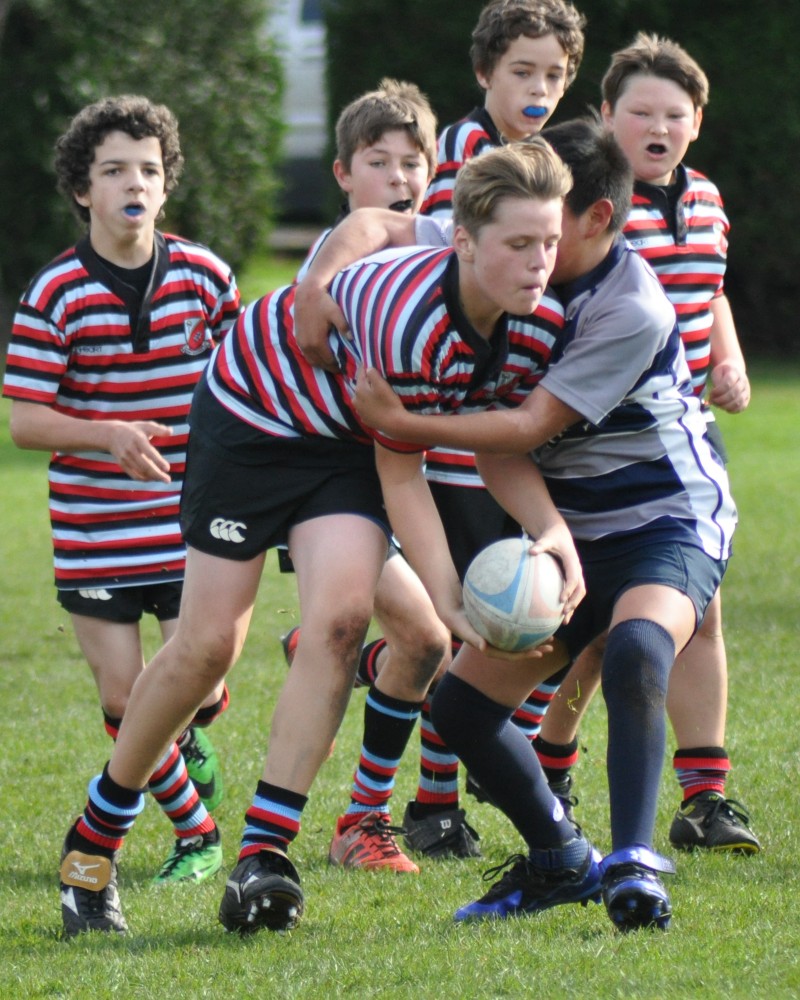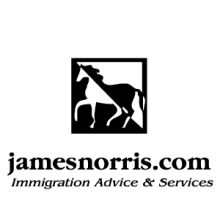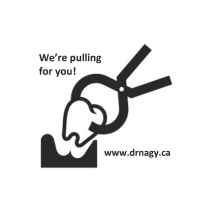Monday's Musings

U14 Boys: CW welcomed JBAA to the VIRU Junior league yesterday in their first (ever?) age grade U14 match. This is the Bays first attempt at this age level as far back as can be remembered and no doubt, in traditional James Bay fashion, will grow into a force to be reckoned with. It is great to See Minis kicking off at James Bay as well for the very existence of rugby depends on these ventures. At CW it has taken some 15/16 years for the initiative to bring fruit at the senior level. It is great to have a third club join Velox and CW in junior rugby. Yesterday CW played James Bay and although the score was one-sided, the game was enjoyed by all and a true learning experience. It is so important to inculcate the right attitudes at this young age.
U16 Boys: CW travelled to Klahanie Park to play (not known at posting time). Heard via a mum the result was lop-sided, a reversal of past years often when CW travelled across the pond and it is good to see the standard of play with CW matching some of the better clubs on the mainland. Well done, players, coaches and parents, for there is a cost factor in pursuing competition on the mainland and we recognise the sacrifices made.
JESS NEILSON: Canada West Women’s Universities' MVP and member of titelist side, UVic Vikes. Jess learned her trade at CW Minis and has worked very hard to achieve her goals to date. Good luck to Brittany and the ladies at The Nationals – A FIRST FOR VIKES WOMEN’S RUGBY!
 Interesting musings from Raymondo. In these, the unforgiving post-Rugby World Cup doldrums for the eliminated player, Ray Barkwill has household chores to complete. He scrubs down the bathroom; he vacuums the carpets; he walks his two dogs and ponders his future over warm coffee and cold beer. For now, this is life for the bald-pated, barrel-chested Canada hooker, one of the World Cup’s most distinctive figures with his spectacular auburn mass of facial growth.
Interesting musings from Raymondo. In these, the unforgiving post-Rugby World Cup doldrums for the eliminated player, Ray Barkwill has household chores to complete. He scrubs down the bathroom; he vacuums the carpets; he walks his two dogs and ponders his future over warm coffee and cold beer. For now, this is life for the bald-pated, barrel-chested Canada hooker, one of the World Cup’s most distinctive figures with his spectacular auburn mass of facial growth.“For so many Canadian players, this is pinnacle and after this they’re done,” he says of his juddering return to reality. They don’t even fade away; they just fall off the map.”
At 35, the rambunctious Barkwill has no intention of discarding the sport to which he has committed, and forfeited, so very much. After duelling with Rory Best, Benjamin Kayser and Leonardo Ghiraldini in Pool D, he’s gunning for a professional contract and a happy twilight to his, the most extraordinary of World Cup journeys.
It begins in high school, where Barkwill’s insatiable appetite for sport was nourished by a geography teacher from New Zealand who introduced rugby to his students. He etched his desire to represent Canada in his yearbook. It meanders through college, past the mischievous Irish welding tutor who let – nay, encouraged –Barkwill to skip classes to watch the 1999 World Cup. There’s a five-year hiatus of sorts, pouring and casting and bludgeoning metal in a Niagara Falls foundry – noble work that kept him grounded, but lacked the mental fulfilment he sought. A young man with bills to pay, he couldn’t simply pack it in and return to his studies. “I was going to work at 11pm, getting home at 7am, going to university ‘til about 1,” he recalls. “Then I’d go to rugby training at about 4.30, slip home for a couple hours’ sleep, then go back to work. Man, it was some dark years, but I got it done.”
He laughs about the graft now, but just as Barkwill began to appreciate his rugby calibre, along sped the lady who, on a summer’s drive to training in 2008, attempted an ambitious overtake, her car and his colliding in a savage head-on smash at over 60mph. The accelerator pedal was thrust agonisingly through his foot. The accident was gruesome, the rehabilitation painstaking. “The front-end, the tyres, everything compressed into my legs, and the gas pedal cut through my heel,” he says. “I had to get surgery and put it all back together. Everything’s still there, it’s just a massive gash in my foot. I started to re-walk and run that October, but I was struggling to get things done. My gait changed, my back was having problems, I was having hamstring issues, it was just all snowballing and before you know it I wasn’t able to perform and play well. It wasn’t until about two years later that I could actually play a full game. It really did push my limits. To be honest, initially I thought that representative rugby was gone.”
That exasperating trail to recovery conquered, Barkwill headed next to Western Australia seeking rejuvenation and a postgraduate degree, where he was given a shot by the Western Force, Perth’s Super Rugby franchise. He played well, rediscovered his love of the game, but still spent the last World Cup travelling New Zealand in a campervan, not a team bus, attending matches as a supporter, and absorbing the country’s beauty and adventure, as well as a libation or 12 along the way.
Barkwill didn’t earn a cap until 32, and though he trains, as a professional would, five days a week, from 7am onwards, he exists on meagre funding from Rugby Canada. He had not long secured a teaching position at a local private school when the World Cup rolled around and he lost his job to the rigors of tournament preparation.
“It’s hard to live off very little money and train full-time, but every year I continue to do this to grow my career,” he says. “I’ve done that for the last five years, but I was happy doing that, I really was, and I can continue to do that, but I have to be enjoying what I’m doing at the moment. Not that I didn’t enjoy playing for Canada, I want the next challenge, and the next challenge is to get into professional rugby.”
The conversation turns to the hurdles facing Canada and their Tier Two counterparts, the financial disparities, and the wildly – and if you believe some, suspiciously – variant citings and suspensions meted out by rugby’s authorities. This is where Barkwill’s genial demeanour, and the grin that often emerges at the nucleus of that imposing beard, dissipates.
“(Canada centre) Nick Blevins and Mihai Macovei (of Romania) get done for neck rolls in our game, get penalties, no cards, and then afterwards are suspended,” he begins. “I’m back in Canada watching Taulupe Faletau and Tom Youngs (of Wales and England respectively) get penalised in their games for neck rolls, no yellow cards. They don’t even get cited. It’s insane. (Ireland’s) Sean O’Brien flat-out slugs someone, and it’s a six-hour citing hearing, for a punch, that is so obvious (O’Brien was suspended for a week). How does it take six hours?"
“We change the laws to make it better and safer, but rugby still has barristers, solicitors and lawyers, who might not have any real professional rugby experience. It needs to hire ex-international players, create a committee and a grouping or precedence of what suspensions should be. I, as a teammate, see five weeks for Blevins’ neck roll, and Youngs does the same thing and gets zero.”
Barkwill himself was once suspended for nine weeks after being adjudged to have made contact with the eyes of an opponent – a disappointing if unintentional “taint” on his career, but not, he insists, the fuel for his aggravation. “I’m not looking to whinge, I’m looking to make it better for everyone,” he says. “I think sometimes we’re losing the word union within our game. If you’ve worked a union job, which I have, you’re supposed to stick up for the low man and the high man, and it’s funny how the high man of our union doesn’t stick up for the low man. I’m watching guys I’ve played with in Australia, knowing where I sit and they sit in skill level, get contracts in France and England and I’m sitting by the wayside because my passport says Canada and theirs says Australia.”
For all Canada’s endeavour, the plaudits they won, the tries they scored, and the unprecedented exposure they received back home, they were well-beaten by Ireland and France, and lost excruciatingly tight clashes with Italy and Romania. And while the Olympic inclusion of rugby sevens will yield revenue for the sport’s less prosperous nations, it will be trailblazers with the heart and gumption of Barkwill who propel the development of the game.
“If we’re going to get better, we can’t be playing a Tier One nation every 18 months,” he contests. “We can’t just play English Championship teams, Tonga or Georgia in June or November – we need Tier One games too. I have visions and dreams and of playing in a professional league in North America. I probably won’t do it as a player, but I think we’ll have one in maybe 10 years’ time. I hope it happens in my lifetime; if not as a player, maybe I’m a throwing coach or a scrum coach for the San Francisco-whatevers. Maybe I’m at a World Cup in 30 years’ time, and we have another interview about how the game’s grown in North America.”
His has been a life of visions and dreams, and there are yet more obstacles to surpass as he strives to better things for himself and his country.
But who would bet against a few more twists in the remarkable tale of Ray Barkwill. 'onya, Rayzor!




























